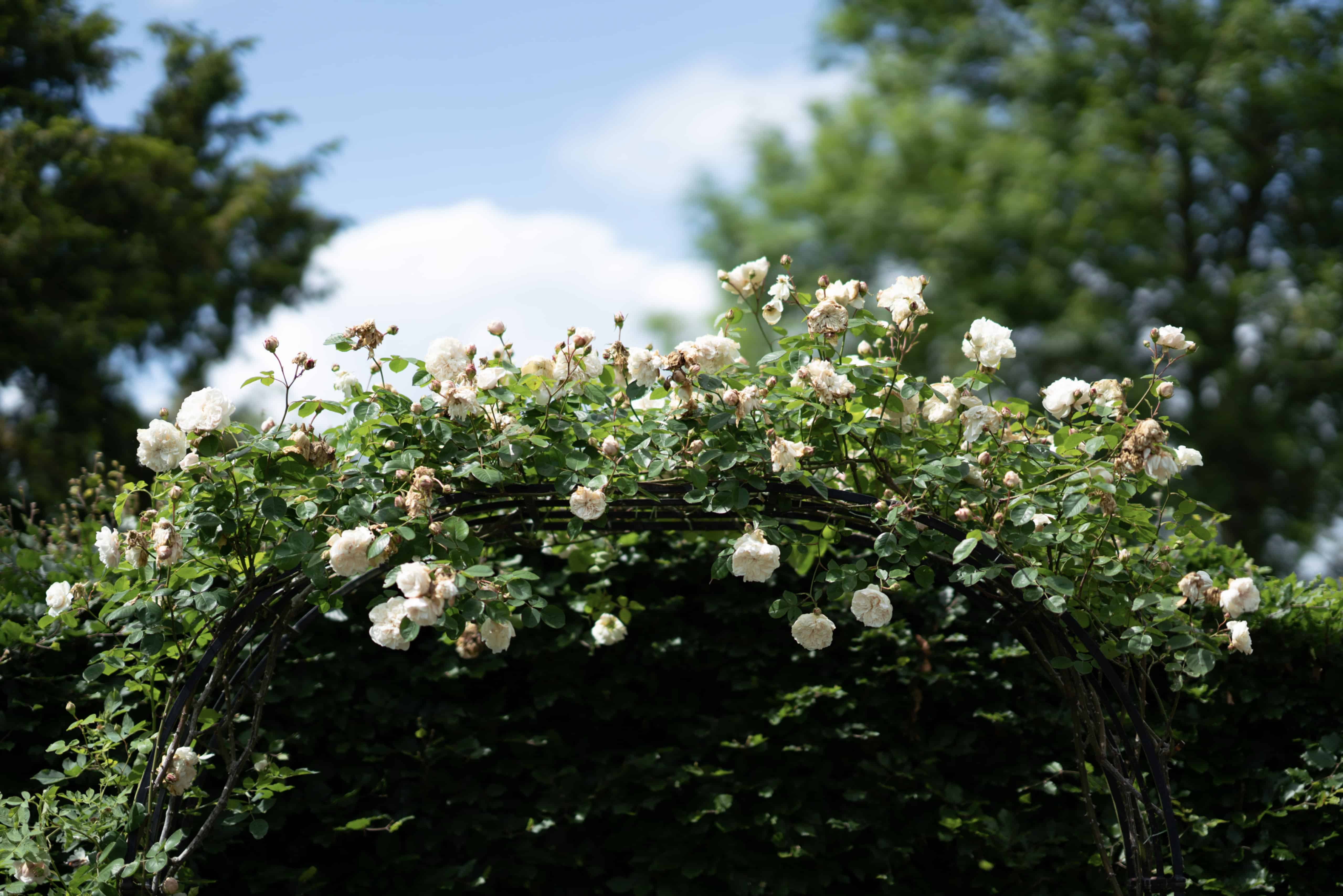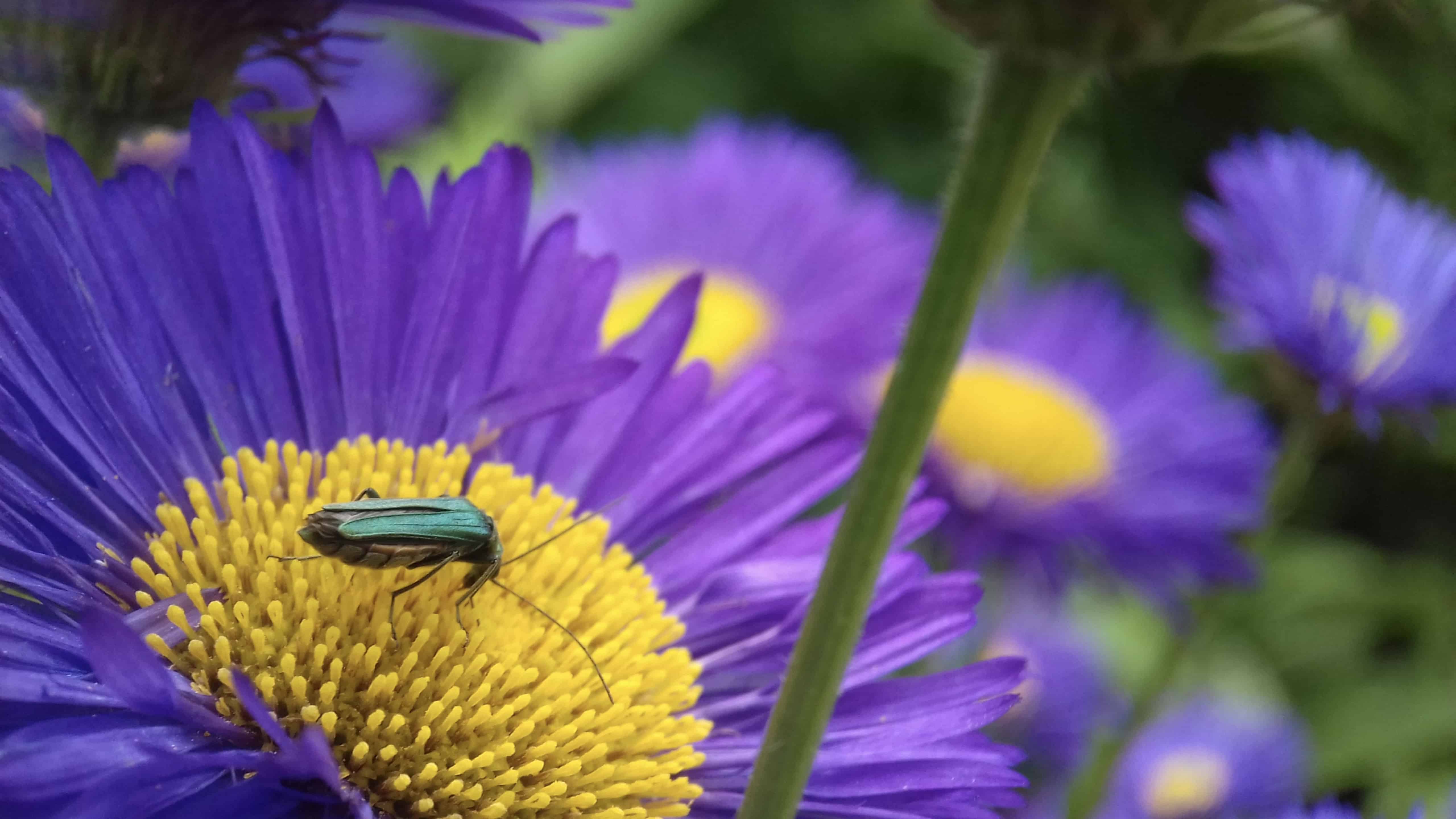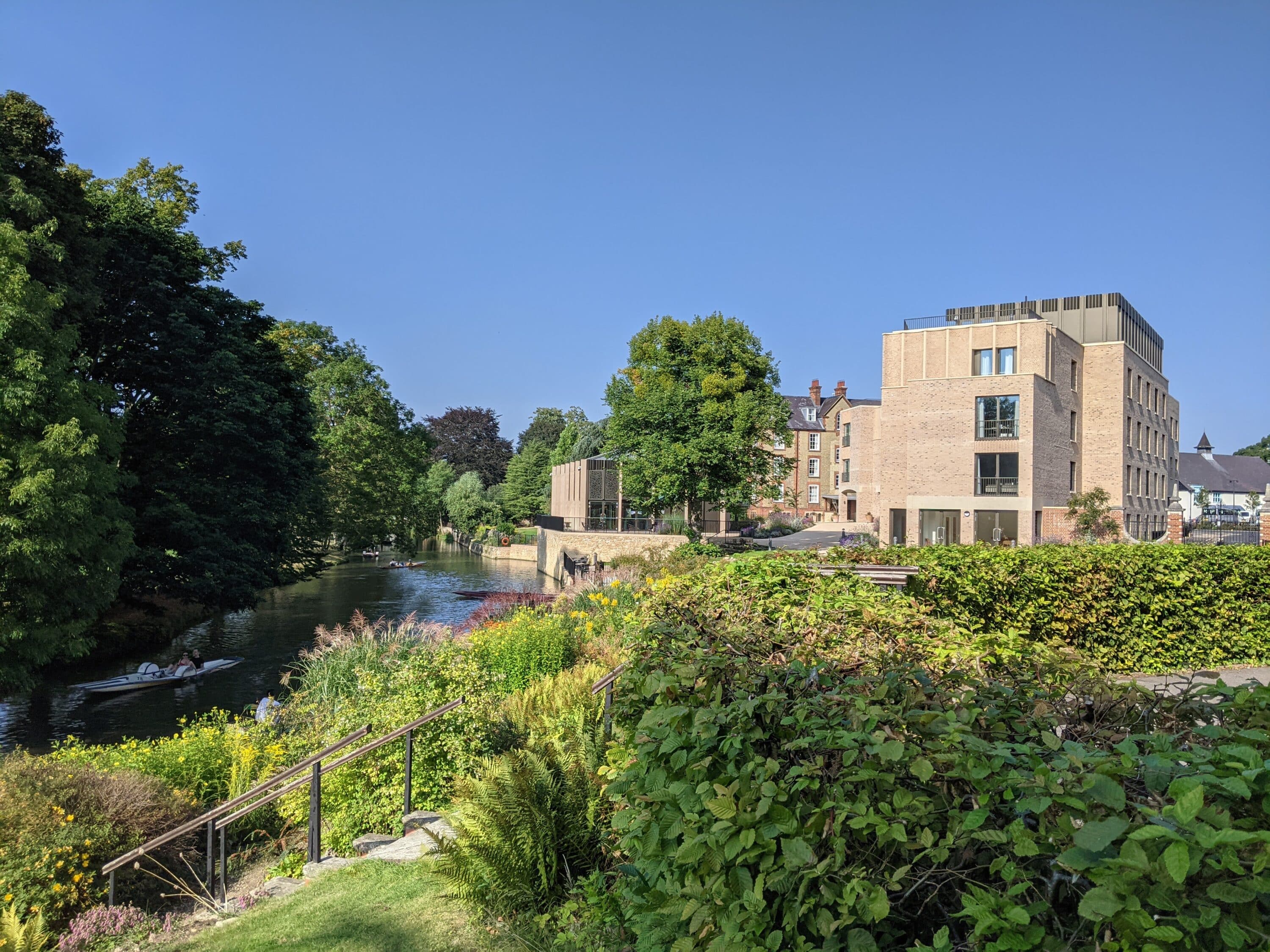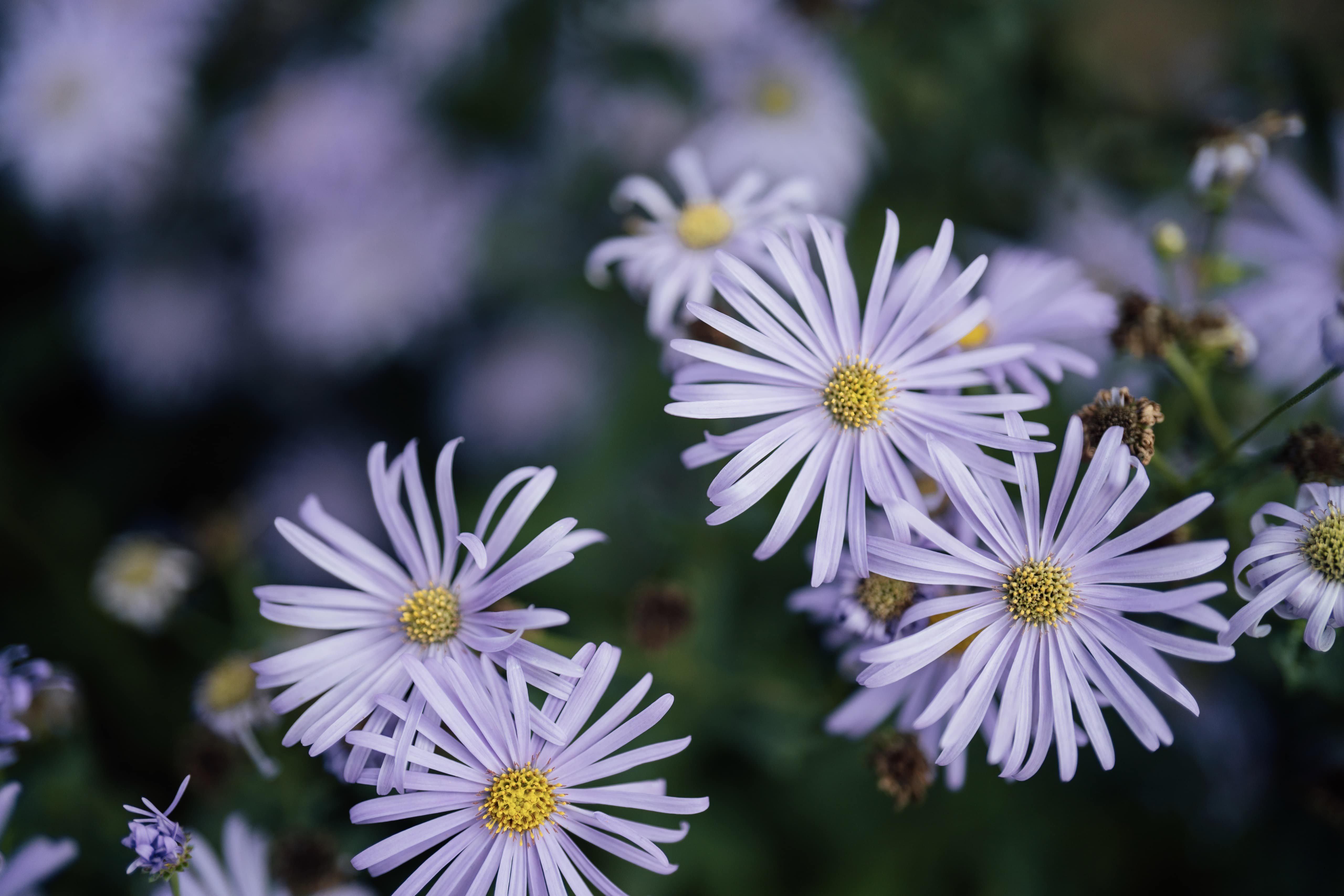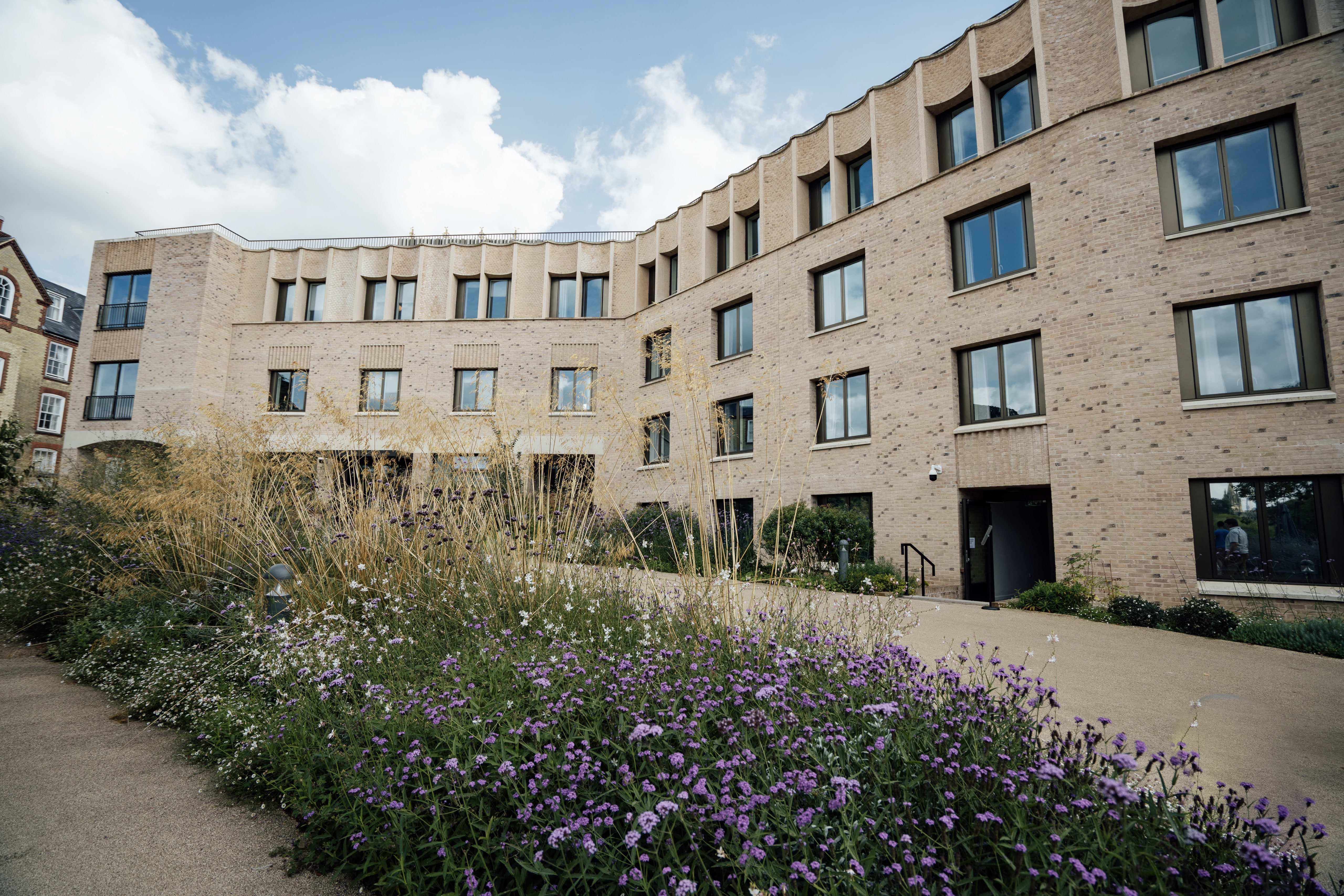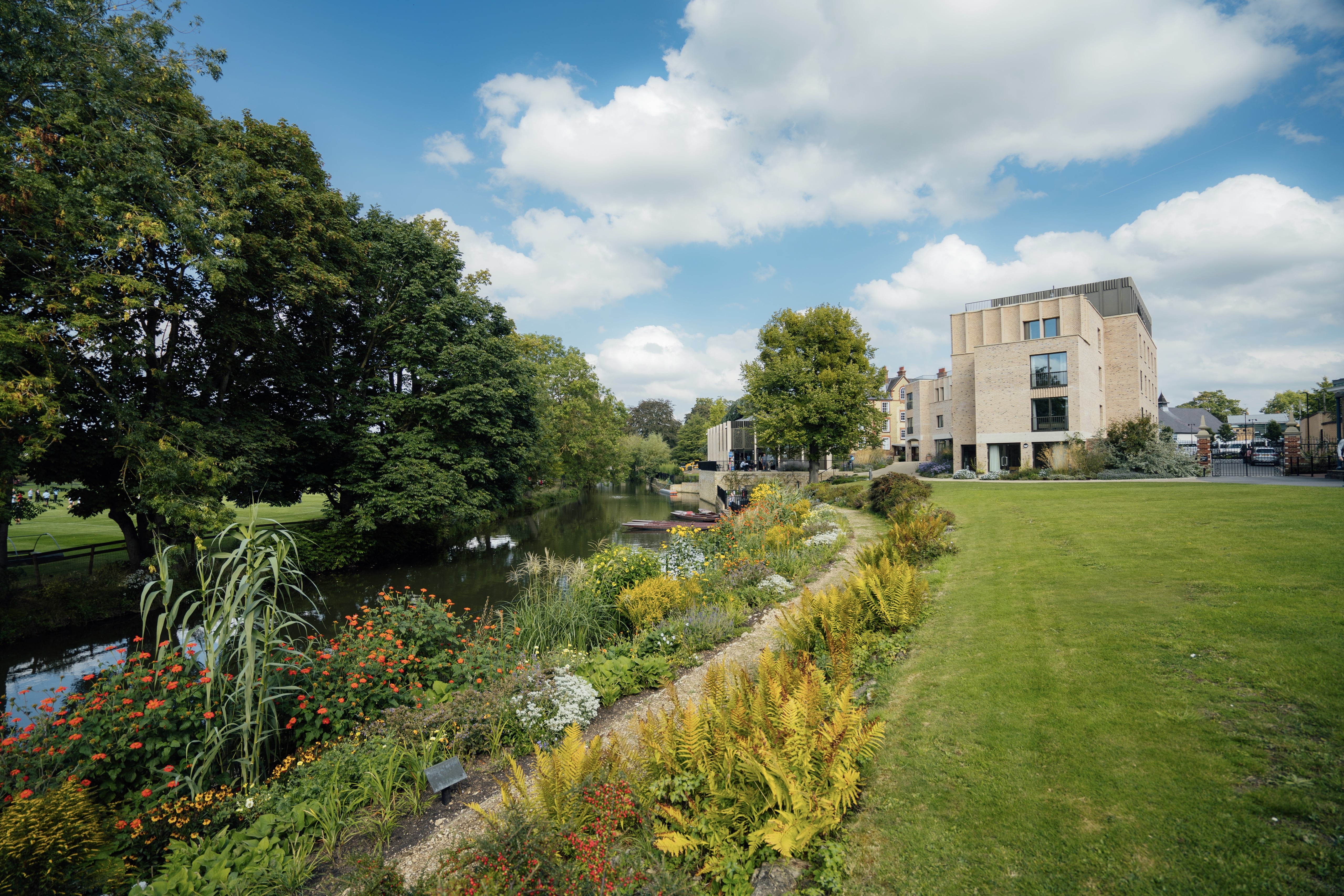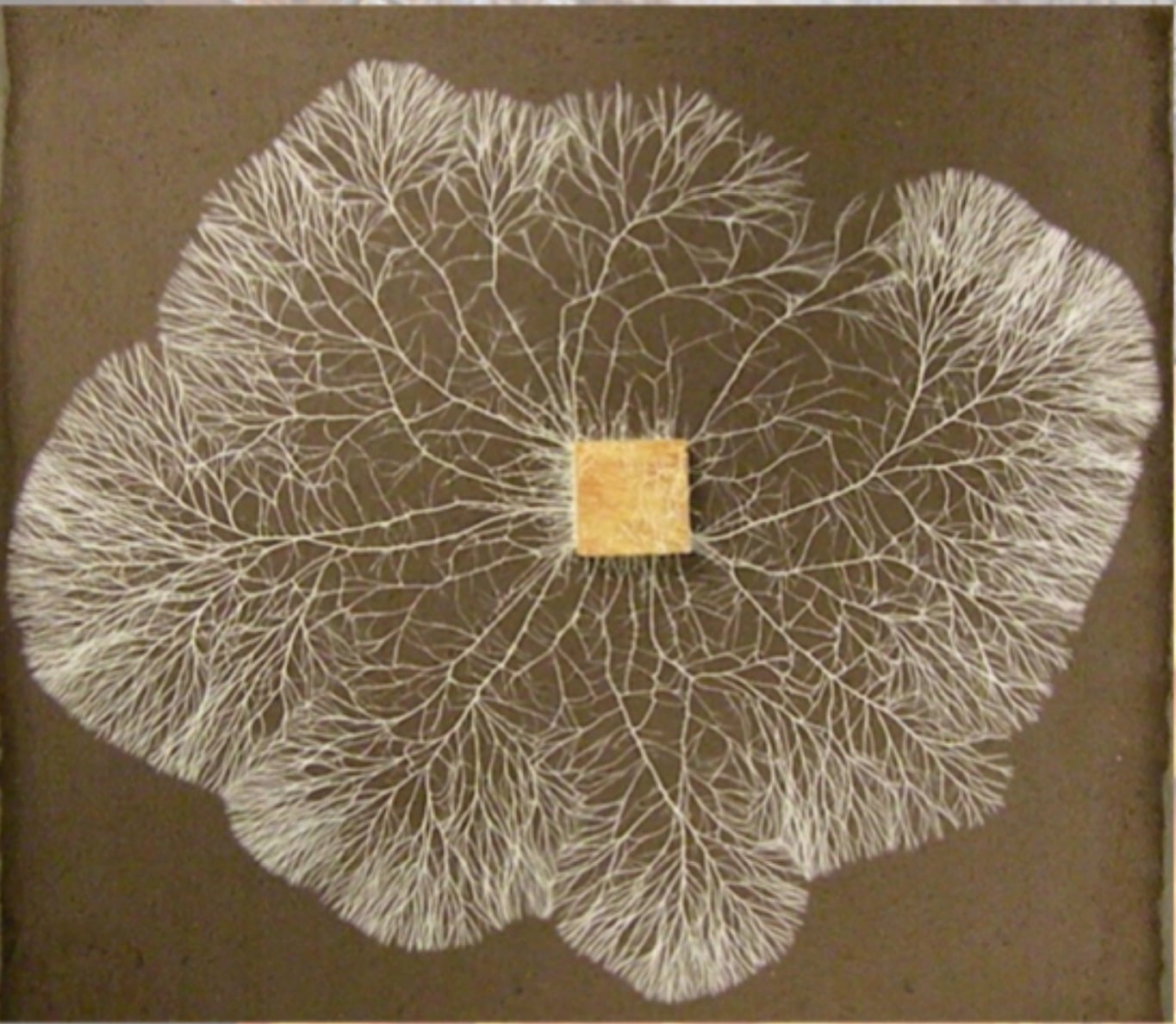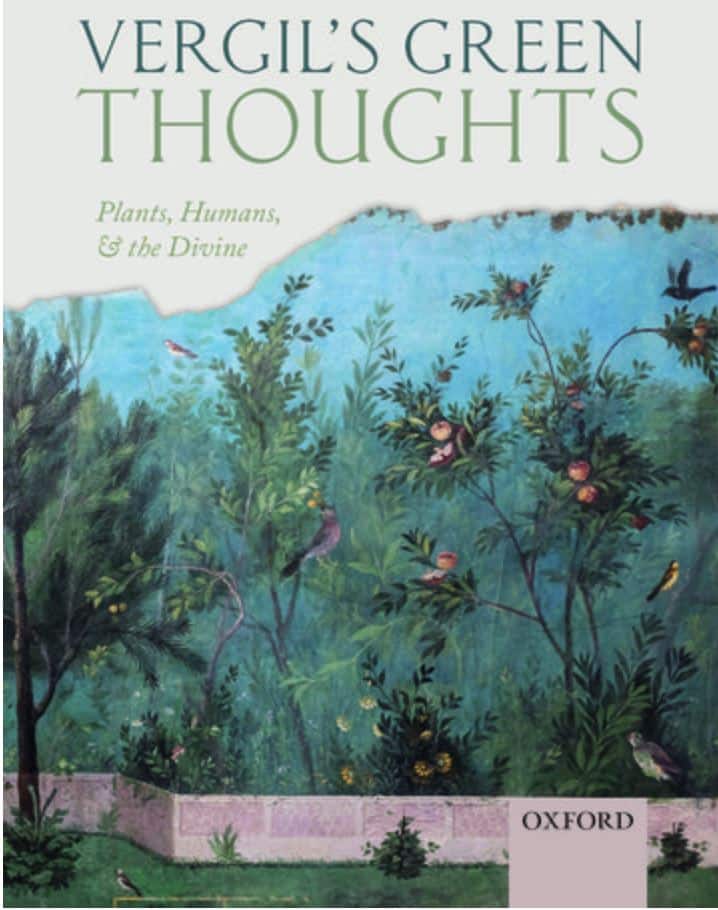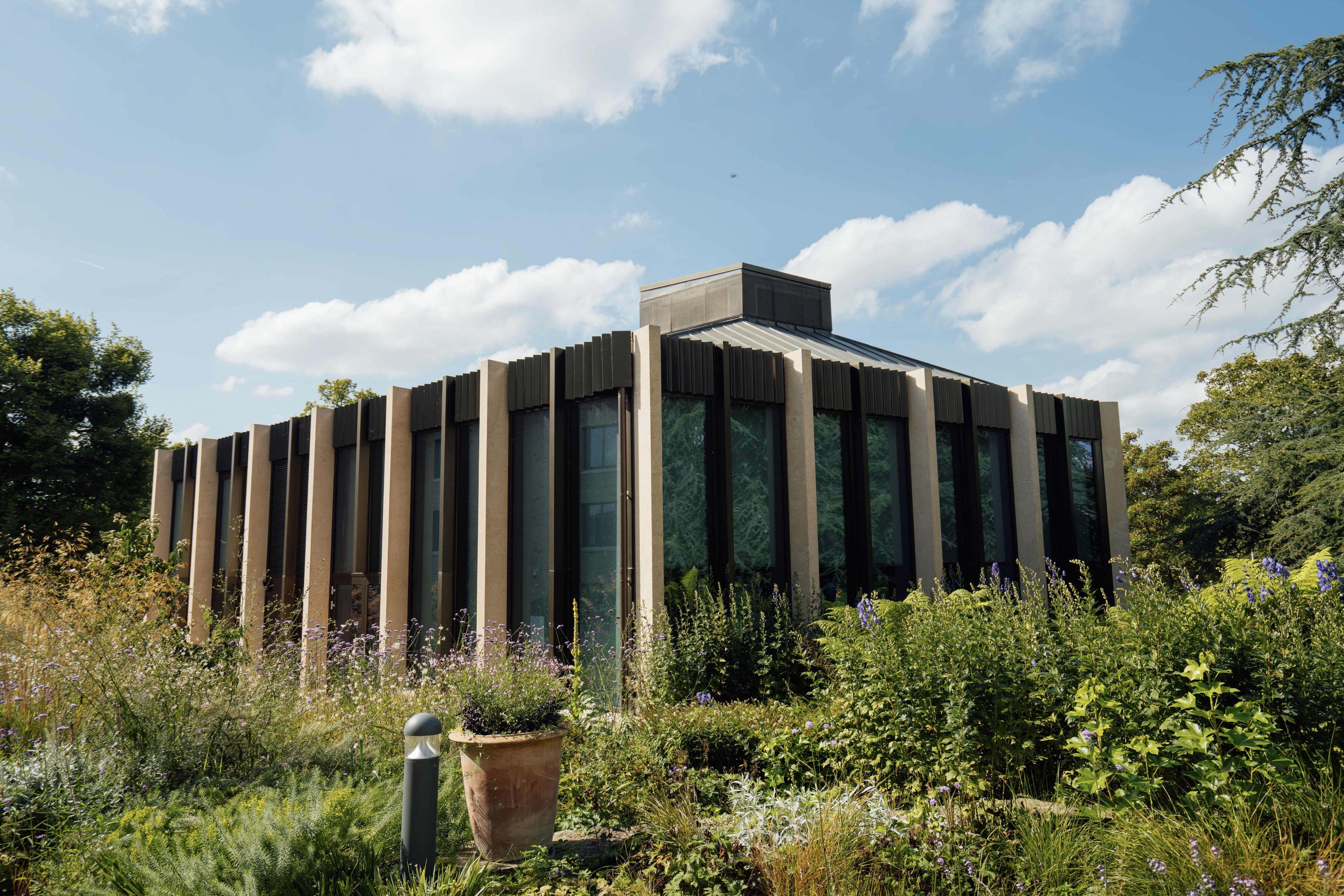
As the planet heats up faster than ever before, with the 7 of the last 10 years being the hottest 7 since measurements began in central Europe1, and warming trends over the past 30 year annual averages in Great Britain clearly visible², we are confronted by the UN weather agency, WMO, announcing in June 2024 that ‘At least one of the years between now and 2028 will very likely set a new temperature record, breaking through the crucial 1.5°C temperature limit.’
Predictions have indicated that failing to uphold the 2015 Paris Accord to the 1.5°C temperature limit will lead to disastrous effects on our globe, in terms of weather, changes to our planet, natural hazards, safety, and costs. Additionally, inequities will abound.
While St Hilda’s College can have but a minuscule effect on the net national picture, we must take on the challenge and do our share by combining our commitment, our resources and our scholastic abilities to help to reduce our emissions year on year, and demonstrate a holistic culture of sustainability. Our intent is summarised in the first sustainability strategy for the College.
Recent achievements
- All electricity from a green supplier
- Replacement of single-glazed windows with double-glazed glass completed on nine buildings so far with options for others in development
- Thermostatic radiator valves installed in more than 250 rooms across ten buildings
- LED lighting replaced old incandescent fittings in 379 rooms across 15 buildings
- Installing trial water butts on the Principal’s lodgings to capture rainwater for the gardens
- Meat-free days and an increase in locally sourced food in the Dining Hall
- Participation in the Green Impact Award Scheme (Gold Award 2023)
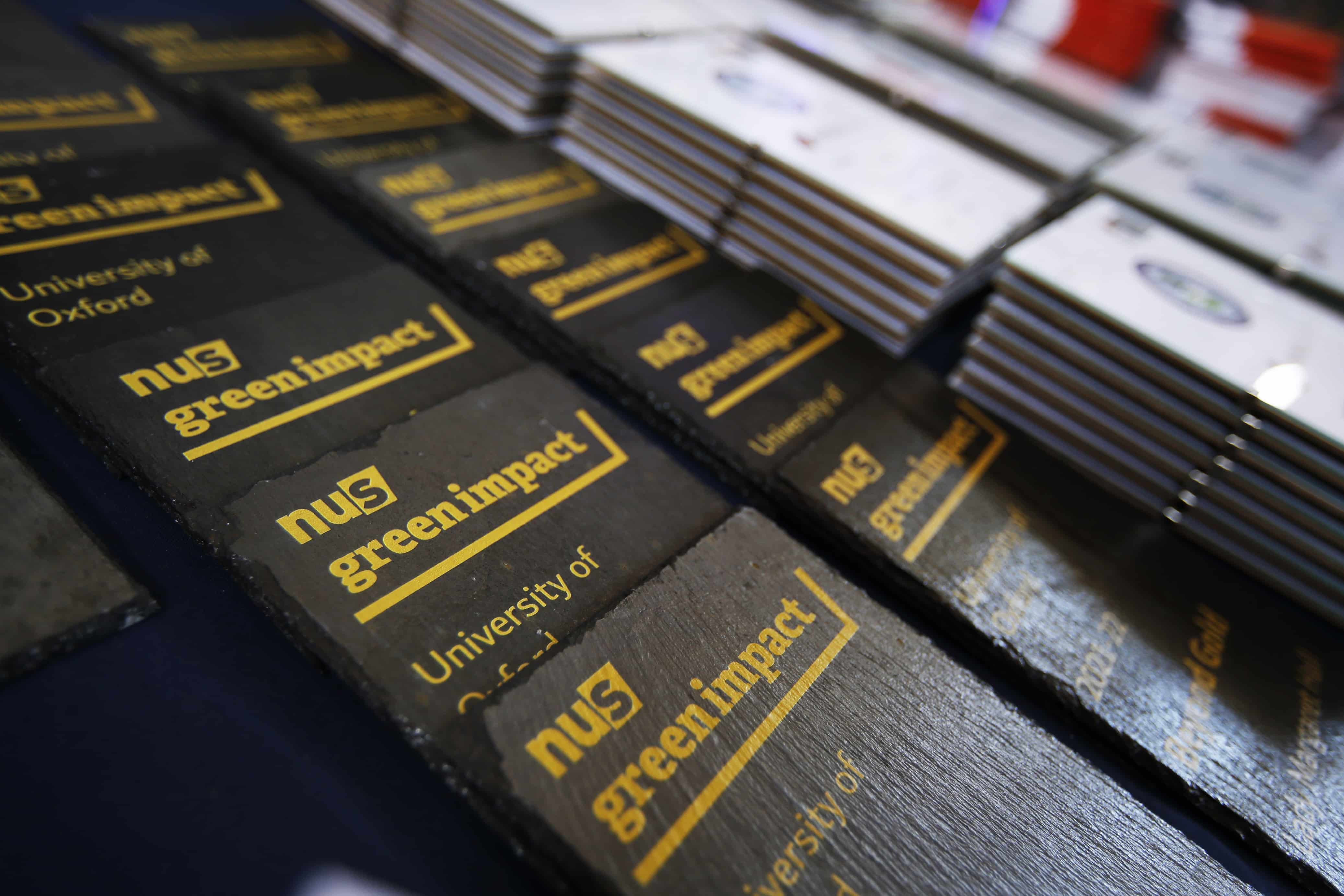
Sustainable buildings
We are committed to reducing the carbon emissions from our buildings, so when we embarked on a construction programme to transform our site, we collaborated with our architects Gort Scott to build in an environmentally conscious way.
Our new Pavilion and Anniversary buildings are designed for very low emissions from heat and power with their form and fabric helping to control internal climate.
- Windows regulate sunlight penetration
- Exposed concrete structure stabilises temperatures through thermal mass
- Natural ventilation
- Precast concrete fins shade windows
- Efficient combined heat and power system
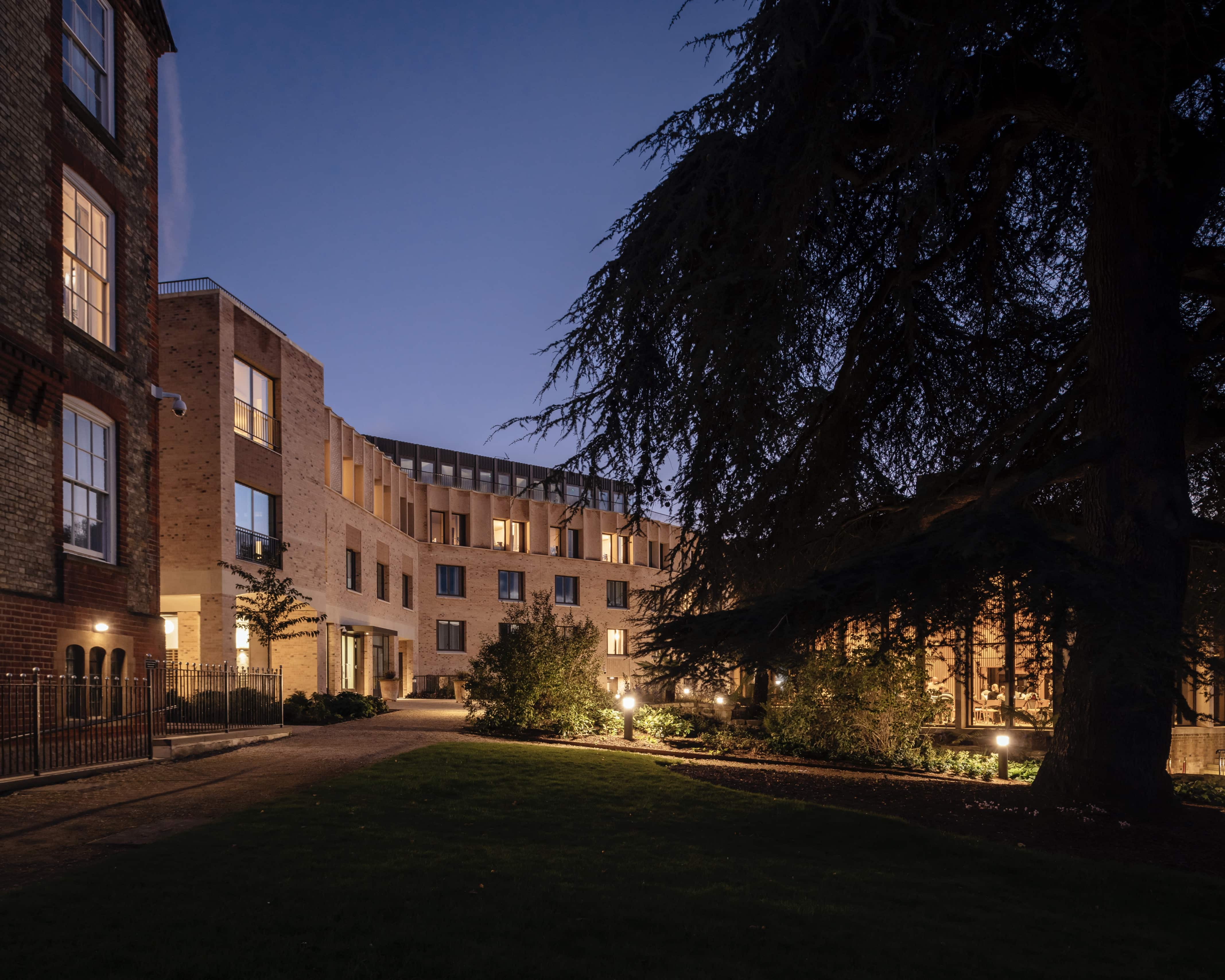
Biodiversity
Sustainable communities need ready access to beautiful natural spaces to connect with and value our place as an integral part of nature. To enjoy and support insect, bird and bat communities, we have developed a diverse plant collection in our grounds.
On our beautiful riverbank, special care and maintenance provide a rich habitat and abundant insect life. Coir rolls on the river wall support the growth of native waterside plants.
Our gardens are peat free. Bark chippings from pruning provide mulch, and our compost comes from regionally recycled green waste. No chemical sprays are used for insect or weed control, and we are moving towards chemical-free moss control by scarifying with quiet, battery operated mowers from the St Hilda’s Garden Fund.
Our planting is focused on perennials, allowing healthy plant communities to knit together long-term. There are new trees – four cherries, a magnolia, and an Indian rain tree, also from the Garden Fund.
To maintain meadow plant diversity, our fritillary meadow is mowed annually only in late summer after seeds have fallen.
Catering practices
Across all our catering for students, staff and visitors, we are moving our menus in line with the seasons and providing local and British produce. Our popular annual Green Feast has showcased sustainably produced food since 2008.
Two of the three options on our daily Dining Hall menu are vegetarian or vegan while Mondays are entirely meat free as are our guest nights.
- Food suppliers assessed for ethical and sustainable practices
- Food waste is used for energy production
- Gas cookers all replaced with electric
- Reduced single use plastic
- Encouraging keep cups and reusable water bottles
- Recycle packaging where possible
- Cooking oil is recycled off site
- Limiting use of tablecloths to minimise washing
Ethical investment
We are committed to working and investing with businesses that operate responsibly towards the climate.
We were the first College of Oxford University to adopt a policy that aims to ensure firms we work with act in compliance with the 2015 Paris Agreement to limit global warming. We have pledged not to invest in fossil fuel companies, and we are lobbying our bank to reduce its lending and business with those firms.
With input from our undergraduates, our Investment Committee was instrumental in designing the Climate Active Endowment Fund based on the Oxford Martin Principles for Climate-Conscious Investment which provide a framework for engagement with firms on climate policies and for disinvestment if responses are inadequate.
Waste management and recycling
We are working to increase the recycling of waste and to minimise the amount sent to landfill.
- Separate bins for recycling and landfill waste in all buildings
- Separate bins in staff offices
- As much food as possible is recycled
- Food waste bins trialled in accommodation buildings, Garden and Christina Barratt Building
- Single-use plastics being phased out in the Dining Hall and guest room packs
- Water stations installed in Dining Hall and Anniversary Building
- Providing reusable water bottles at events and conferences
- Providing returnable cups
- Encourage the use of keep-cups
- Huge reduction in on-site printing
- Paper recycling points throughout college
- Whiteboards are offered to conference clients as an alternative to paper flip charts
